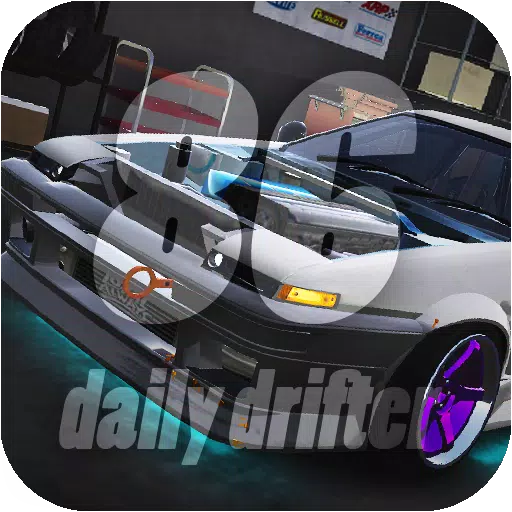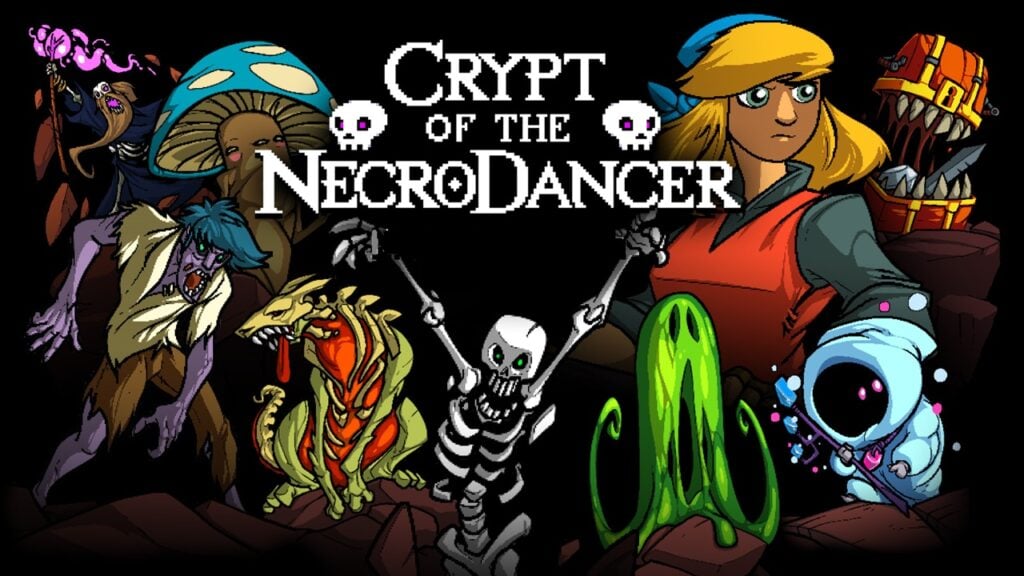
Valve has launched a dedicated policy page outlining its strict stance against games that force players to watch in-game advertisements. Discover what this means for your gaming experience and how Steam is shaping a cleaner, more immersive platform.
Steam Cracks Down on Games With Forced In-Game Ads

Valve has officially reinforced its policy against forced in-game advertising by publishing clear guidelines on its website. Games that require players to view or interact with advertisements as a condition of gameplay—or those offering rewards for watching ads—are now explicitly prohibited. This practice, common in free-to-play mobile titles, often includes unskippable video ads between levels or reward-based ads for in-game benefits like energy refills.
While this rule has technically been part of Steamworks’ terms for nearly five years, Valve has now made it more visible with a standalone policy page—likely in response to the growing number of game submissions. According to SteamDB, 2024 saw a record 18,942 new game releases on the platform, signaling a surge in developer interest and a need for clearer enforcement.
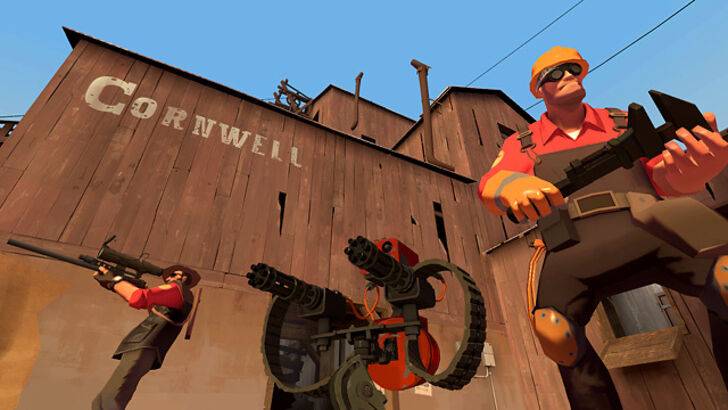
Given Steam’s ad-free platform model, Valve does not support advertising-dependent monetization strategies. Any game relying on forced ads must either remove those elements before release or restructure as a single-purchase paid application. Alternatively, developers can transition to a free-to-play model supported by optional microtransactions or paid downloadable content (DLC).
A prime example is Good Pizza, Great Pizza, a mobile-to-PC port that replaced its ad-based rewards system with purchasable DLC and progression-based unlocks, aligning perfectly with Steam’s standards.
Product Placements and Cross-Promotions Still Allowed
It's worth noting that not all advertising is banned. Subtle product placements and cross-promotions—such as branded content in racing or sports games—are permitted, provided proper licensing is in place. For instance, F1 Manager features real-world sponsor logos on vehicles, and skateboarding titles may include authentic brand apparel. These integrations enhance realism without disrupting gameplay.
This updated policy reflects Valve’s commitment to maintaining a high-quality, immersive experience on Steam. Players can now be confident that their favorite games won’t interrupt the action with intrusive ads, preserving both engagement and enjoyment.
Early Access Games Now Flagged for Inactivity
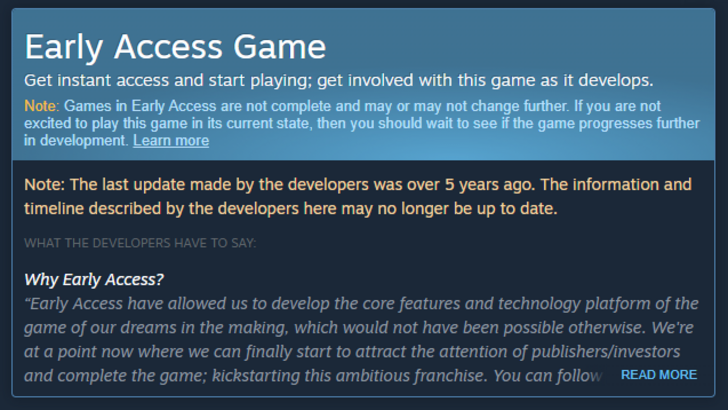
In another move to improve transparency, Steam has introduced a new warning system for inactive Early Access games. Titles that haven’t received an update in over a year now display a clear notice on their store page: “The information and timeline described here by the developers may no longer be up to date.”
With thousands of Early Access titles on the platform, this feature helps users identify games that may have been abandoned. While player reviews have traditionally served as a warning sign, this official notification offers immediate clarity—right at the top of the store page.
The gaming community has welcomed the change, with many praising Valve on social media and in Steam forums. Some users have gone further, suggesting that games inactive for five years or more should be fully delisted to maintain platform integrity.
 Home
Home  Navigation
Navigation






 Latest Articles
Latest Articles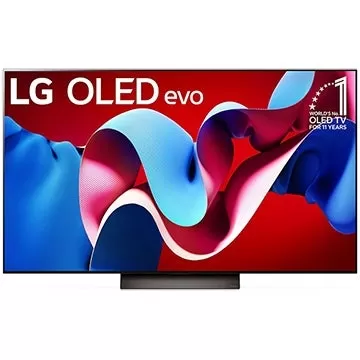









 Latest Games
Latest Games
